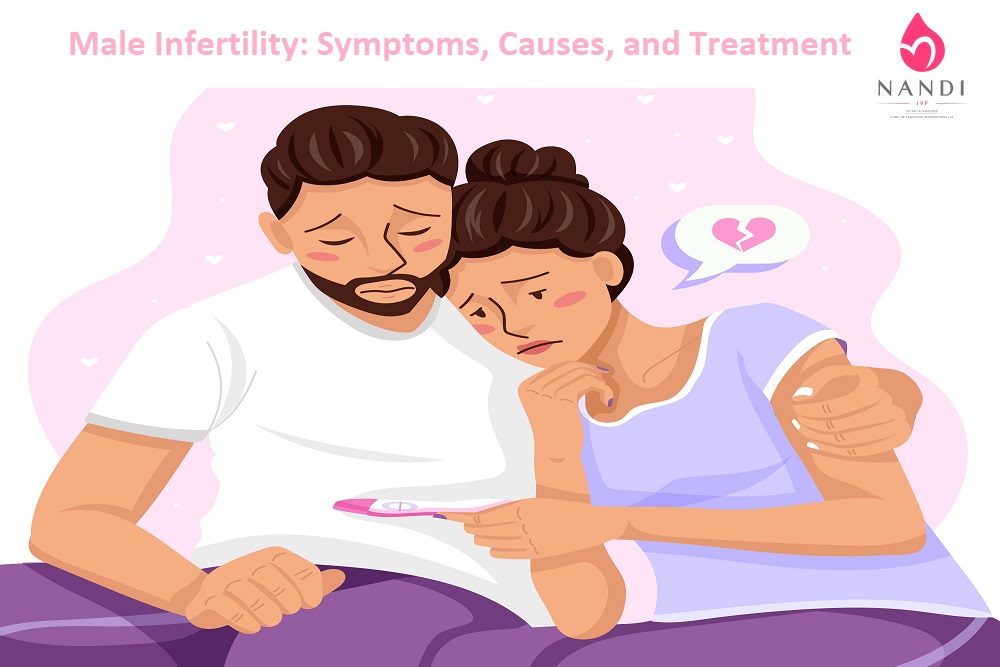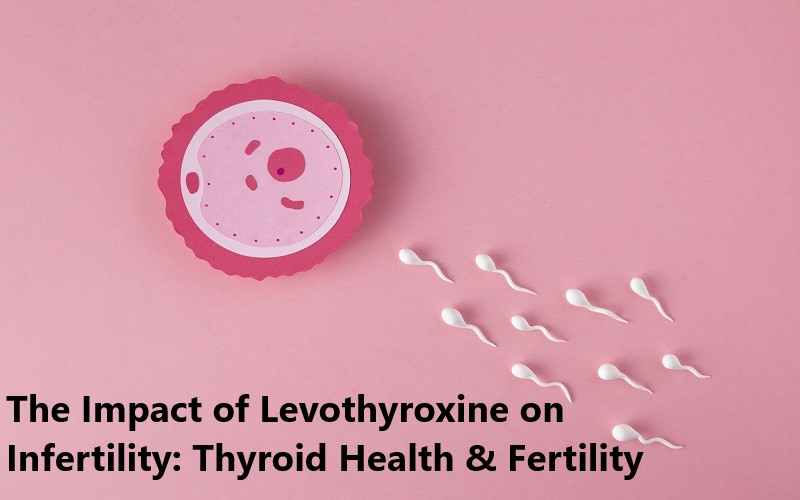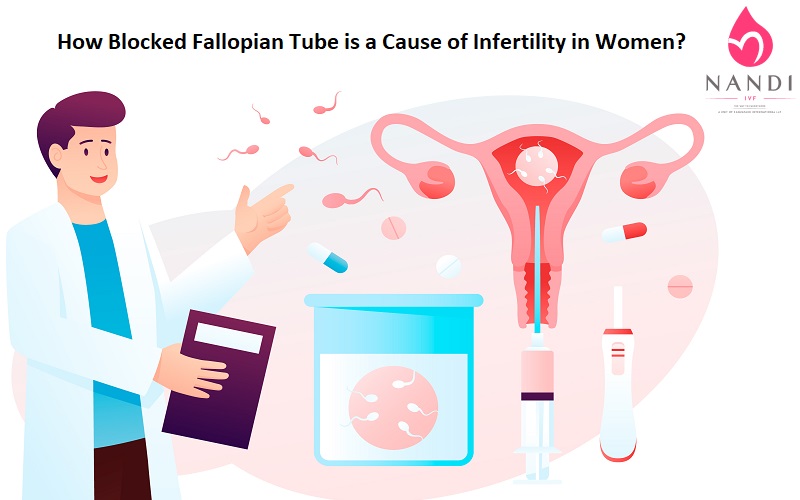Science and technology have proven their role in helping humankind and bringing ease into our lives. One such endeavour is addressing infertility! It serves as a ray of hope for infertile couples seeking parenthood. Infertility treatments are being developed with technological innovation, including IVF treatment in Delhi.
Let us explore some of the life-changing fertility treatments and dig deep into their effectiveness. Let’s get started!
Infertility– An Overview
Infertility is a medical condition that can happen due to various reasons. With this condition, couples cannot conceive a child naturally. The factors that affect one’s fertility are age, lifestyle, genetics, medical conditions and others. Experts say that Infertility can be a source of emotional distress in couples. When left untreated, it can lead to depression and stress.
This is why it’s important to seek medical attention from the IVF doctor in Delhi. With advancements in medical technology, infertility treatments have become more affordable, accessible and effective to everyone.
Types of Infertility Treatment
Infertility treatments aim to assist the couple when natural concepts are impossible or challenging. These treatments typically involve the facilitation of sperm and egg, either within the female’s womb or in a controlled laboratory facility. The techniques and care level will vary depending on the infertility treatment you choose.
Read on to explore more about how infertility treatments work and how effective they are.
Intrauterine Insemination (IUI)
IUI is often the first approach in fertility treatment, even before the IVF treatment in Delhi. The procedure involves the hormonal treatment for the female to stimulate ovulation. It is performed when the sperm count or motility is low.
A catheter is used to transform sperm directly into the uterus. The treatment increases the number of sperm cells in the uterus and improves the chances of pregnancy. Depending on the age of the female and other factors, the success rate of IUI is generally around 20%. Therefore, make sure to choose the right IVF centre in Delhi to enhance the success rate of this fertility treatment.
Intracytoplasmic Sperm Injection (ICSI)
ICSI is one of the most successful fertility treatment options available. The success rate of the procedure is 45%, which shows the best possible results for male fertility cases. The procedure involves the latest technology and attention to detail. The treatment is typically performed on couples who are having trouble achieving pregnancy even after undergoing IVF treatment in Delhi.
In this procedure, sperm is directly injected into IVF-produced eggs. Initially, a specialised pipetted is used to hold the mature egg. The single sperm is immobilised and picked up using a thick, sharp, hollow needle. The needle is then used to pierce the egg through the shell and into the cytoplasm.
After the injection, the needle is gently removed. The eggs are checked the following day for signs of fertilisation. When fertilisation is successful, the embryo is placed in the woman’s uterus.
In Vitro Fertilisation (IVF)
IVF belongs to the assisted reproductive technology (ART) process, prevailing in today’s medical industry. Unlike other treatments, IVF isn’t a gender-specific procedure, which should be carried out by the IVF in Delhi. Couples with unexplained infertility, men with poor sperm quality or women with damaged ovaries are advised to choose the IVF specialist in Delhi.
During the procedure, sperm samples will be taken from the male and female eggs, and sperm will be manually mixed in a laboratory dish. In the end, the embryo will be placed inside the uterus. Best IVF in Delhi is affordable when compared to other teams and the success rate varies between 23% to 45%.
Factors Determining the Success Rate of IVF
There are various factors that determine the effectiveness of the IVF procedure, as follows.
- Age—The greatest factor influencing the success rate of the IVF treatment is age. The best chances for success are between the ages of 24 and 34. When the couple’s age is over 40, the success rate will gradually decline.
- Pregnancy history– If a couple has experienced a history of multiple miscarriages, the success of IVF will become more challenging.
- Fertility problems– The effectiveness of the IVF procedure will be impacted by female fertility problems, including uterine abnormalities, ovarian malfunction, blocked fallopian tubes, and fibroid tumours. However, choosing the right IVF centre in Delhi can help you solve several infertility issues.
- Lifestyle—Your chances of getting pregnant with IVF will be affected depending on your lifestyle factors. For example, the success rate will be lower if you or your spouse regularly smoke. The probability of IVF success rate can also be reduced by being obese or underweight. Hence, make sure to follow a healthy lifestyle to enhance the success of your IVF.
Choose the Best IVF Centre in Delhi to Begin your Parenthood Journey!
Infertility can be a challenging and emotional experience. However, with the right medical care and support from a skilled IVF specialist in Delhi, you can overcome the hurdles and achieve your dream of having your little one. Ensure to choose a qualified IVF doctor in Delhi who can guide you through various treatment options and help you make informed decisions.
At Nandi IVF, the best IVF centre in Delhi, each infertility treatment is meticulously tailored based on the couple’s age and fertility potential. Our dedication and attention to detail have always been fundamental in our success, assisting countless couples towards their precious parenthood journey.









